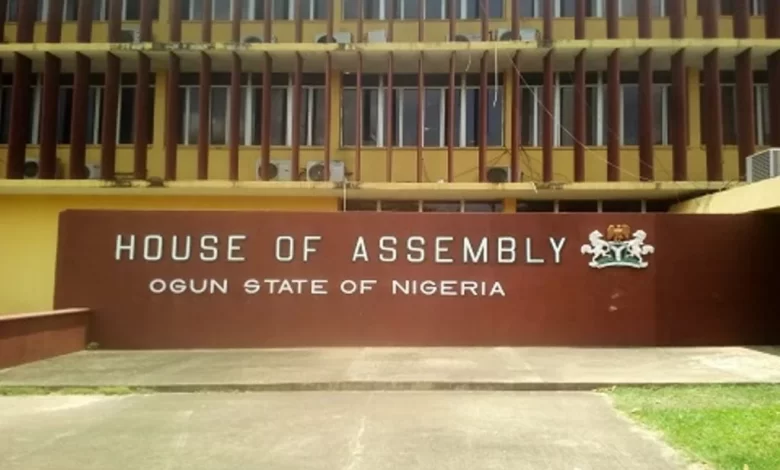Governors of Anambra, Ogun and 29 other states have reportedly shunned the constitutional amendment that supports full financial autonomy to state houses of assembly.
Only five states – Lagos, Delta, Plateau, Oyo, and Nasarawa – currently enjoy a semblance of full financial independence, according to a new report by Guardian.
Twelve others have partial autonomy. They are: Adamawa, Akwa Ibom, Benue, Borno, Cross River, Enugu, Kogi, Kwara, Bauchi, Ogun, Osun, and Rivers.
However, those without any shade of financial autonomy are: Ondo, Katsina, Gombe, Taraba, Yobe, Ekiti, Abia, and Imo. Others are Bayelsa, Anambra, Ebonyi, Niger, Bauchi, Kebbi, Sokoto, Zamfara, Kano, Jigawa and Kaduna states.
Bellnews reports that members of the Parliamentary Staff Association of Nigeria (PASAN) in about 20 states recently began a nationwide industrial action following the expiration of the ultimatum for the implementation of financial autonomy by state assemblies in the country.
PASAN chairman in Ekiti state, Gbenga Oluwajuyigbe, noted that financial autonomy is for both the National and the State Assemblies.
While the National Assembly has been enjoying full autonomy, as their funds are put in the first line charge in the past 10 years, the story is different in the legislative arm of government in states.
He explained that compliance with autonomy could be divided into three levels – partial implementation, full implementation, and non-compliance. Partial implementation is when salaries of the legislature are still being paid by the executive.
“There is a provision in the 1999 Constitution as amended in Section 121, which grants financial independence to the legislature. All we are clamouring for is that the government should implement this provision of the constitution,” he said.
“When you say non-implementation of the autonomy clause, it means they have not commenced any form of implementation of Section 121. In this case, the State Assembly still goes to the governor to apply for money for virtually everything.
“We can say that Ekiti is under partial implementation because salaries are not being paid at the state assembly, but still being controlled by the Accountant General. Until they have their own pay point like we have at the National Assembly, it remains a partial implementation.”
National President of PASAN, Usman Mohammed, further called for total financial autonomy to state houses of assembly.
“The constitution didn’t say you should do it partially, it has granted autonomy to the state legislature under Section 121. It says the entire fund meant for the state legislature and the Judiciary should be transferred to their accounts. It didn’t say you transfer only the overhead or personnel costs or the capital, it says all the funds,” Mohammed said.
The struggle for financial autonomy for state houses of assembly, which began in 2010, has been facing several challenges — most of which were created by the governors of the 36 states of the federation who seek to control the legislature.


